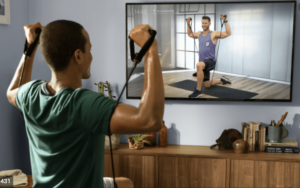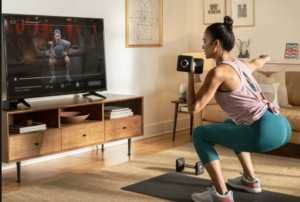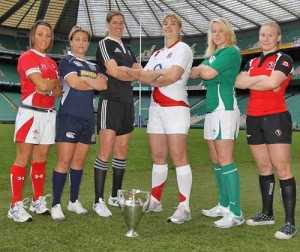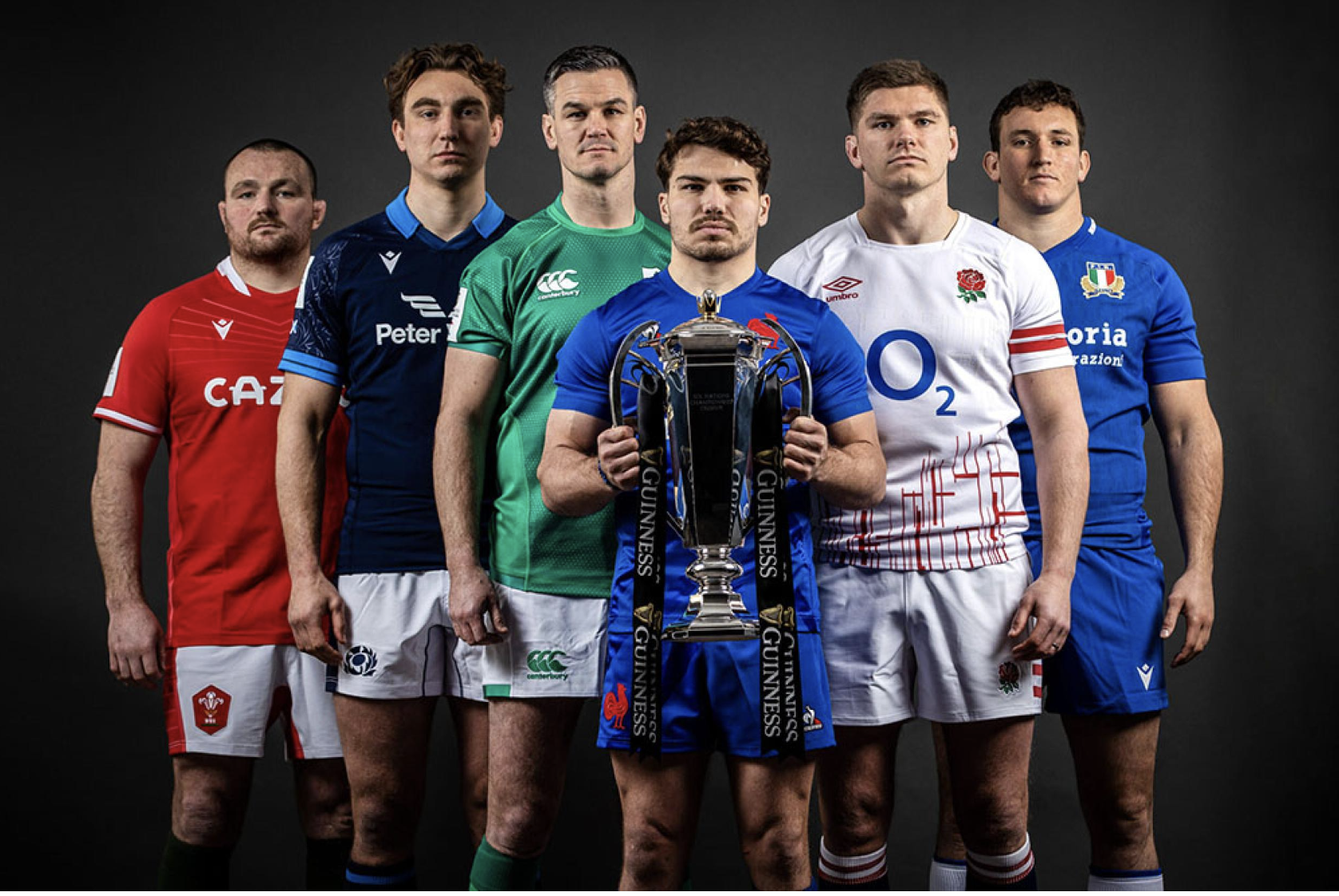QWhat are your predictions for tomorrow’s Six Nations showdown between England and Wales?
A
I think it will be very tough. I am usually quite good at predicting match results, but this one is hard to call. Wales haven’t conceded a try since their game against Ireland, but their lack of discipline has cost them a lot of penalties. They also have changes in the back row and a new captain, but they are a very experienced side.
England had great results at the start of the competition but their last performance was not a good one.
I think the home advantage should make the difference for Wales, but it will be close. My money is on Wales though!
QWhat are your thoughts on the women’s Six Nations this year?
A
I think it has been a very exciting Six Nations for the women. This year England has chosen to take many of their key players out of the 15s squad and focus them on playing 7s, which has resulted in a weaker squad for the Six Nations. I can’t blame the players for choosing to do that. If I was still playing I would certainly be playing 7s. I would want to have the opportunity to compete in the Olympics.
Ireland has capitalised on England’s weaker squad, but they have really shown their strength by not only beating England but beating them five tries to nil. I was also at their match against France, where they got an excellent result.
There is a lot of pressure on Wales now. They are currently fourth and they need to finish fourth to make the World Cup next year. I think they will do it, but there is that pressure.
I want Ireland to win the Grand Slam, because they have played very well throughout the tournament and I think they deserve it.
QWhat do players think about before a Six Nations match? Do nerves play a part in the results at this level?
A
I always felt more nervous competing in individual sports. With rugby I was always just excited to play, but I was also the goal kicker and I definitely felt the pressure because I didn’t want to let my team down.
Now the sport has changed because the teams have sport psychologists that help them develop techniques to keep them calm. There is definitely a focus on both physical and mental preparation. It used to be that getting sleep the night before a big match was always very difficult, but now these players have techniques to help them. Younger and less experienced players always feel the pressure more though, so I am hoping the English players will be feeling more nervous than the Welsh tonight!
QThe men’s Six Nations is still significantly bigger than the women’s tournament with more spectators and better venues. Is this a frustration for the women representing their countries?
A
I think that it is improving. It is important to remember that the women’s game is an amateur game. If the women’s matches filled the stadiums and brought the spectators then they would get the bigger venues. That being said, over 10,000 people watched the England v France match at Twickenham and an additional 100,000 viewers tuned in through the BBC red button for the live match. This shows great interest in the women’s game.
Ultimately, it is a chicken and egg situation. After a World Cup match a man told me that one day when he was flicking television channels he found himself watching a women’s rugby match. He said that by the end of the match he was no longer watching a women’s rugby match. He was watching a rugby match. The skill and the power of the women’s game really impressed him and he forgot that he was watching women.
It’s important for the women’s game to get more coverage, which is something that I am very passionate about. I actually think that women’s rugby is ahead of other sports in this respect with the introduction of the 7s game into the Olympics. However, we need to be careful we don’t lose the 15s game.
QDo you think England women are in danger of doing this by removing their best 15s players from the Six Nations to focus on 7s rugby?
A
I think England can do that. They are different because they have enough numbers and quality players to have both a competitive 7s and 15s squad. The current Six Nations Squad is very young and inexperienced but in a few years these girls will be superstars.
The money is there in the 7s game and the players want to become semi-professional and focus on making the Olympics. I know that if I was still playing I would do the same. It will be interesting to see what happens to other countries who don’t have that depth in their squads.
QDo you find it difficult watching the Six Nations from the sidelines?
A
I did at the beginning. My first experience watching the game as a spectator was very hard. I have said in the past that retirement from the game was one of the hardest things that I have ever had to deal with. But now I don’t find it hard anymore. I played for Wales for 15 years and gave everything I had to the sport. Now I enjoy watching, commentating and promoting the game.
QWhat is the biggest difference between playing rugby at an amateur and a professional level other than the standard of rugby?
A
In regard to the women’s international game, which is still amateur, I think there is no difference between the way they train and prepare than men’s professional rugby. The biggest difference is that they play on Sundays so they have to wake up early the following day and go to work. They are always tired and have no social lives. I remember when I was playing I always used up my entire annual leave for competitions and tours. Last year was actually the first year I had a real holiday!
In regard to men’s and women’s amateur/social rugby, I think that there is probably more focus on socialising and going out and drinking together. That being said, many of the men’s professional teams do go out drinking together quite a bit!
That is something that I really miss about playing. Rugby gives you an instant group of friends. The camaraderie and the social life is something that I think is common to both the amateur and the professional game.








 When most people hear the word “Peloton” they think of an expensive black bike with shiny red buttons and that controversial commercial where the husband gifted his wife a Peloton for Christmas.
When most people hear the word “Peloton” they think of an expensive black bike with shiny red buttons and that controversial commercial where the husband gifted his wife a Peloton for Christmas. If the app interests you, Peloton is currently offering a 30 day FREE TRIAL, so why not give it a try? Check it out
If the app interests you, Peloton is currently offering a 30 day FREE TRIAL, so why not give it a try? Check it out 

 This article would not be complete, however, if we did not acknowledge some of the delivery issues that have been plaguing Peloton over the last year. Most of the delivery issues seem to affect U.S. deliveries, however, the UK deliveries have been affected as well.
This article would not be complete, however, if we did not acknowledge some of the delivery issues that have been plaguing Peloton over the last year. Most of the delivery issues seem to affect U.S. deliveries, however, the UK deliveries have been affected as well.








